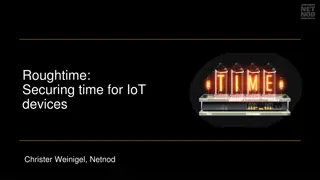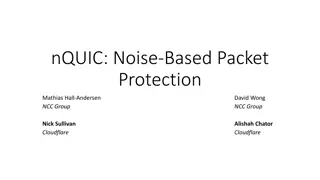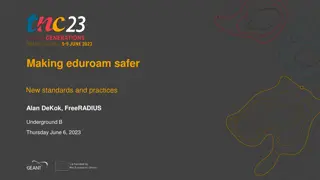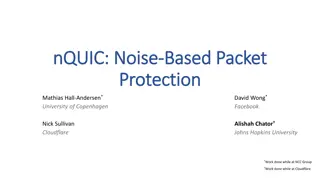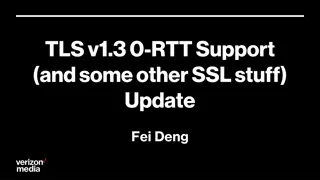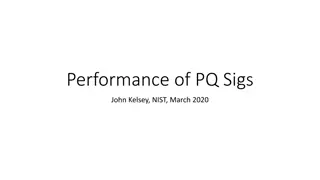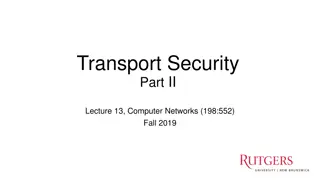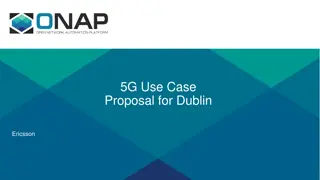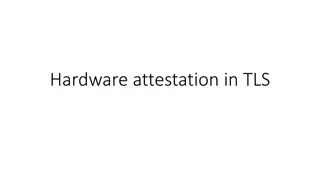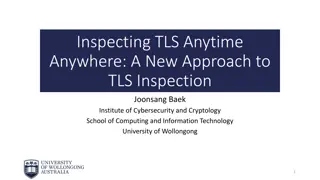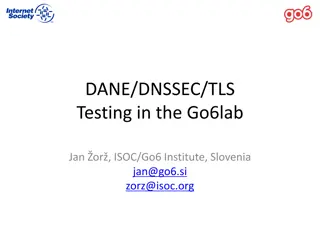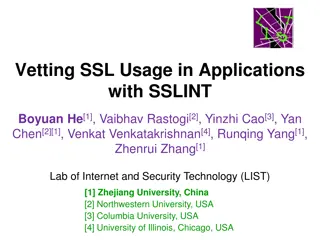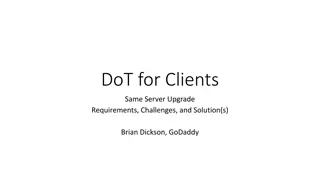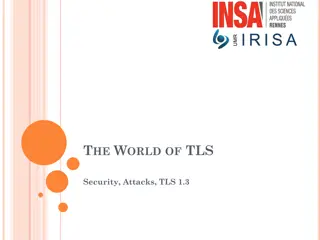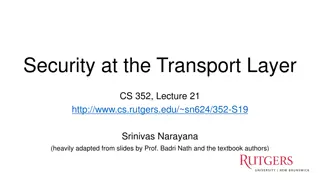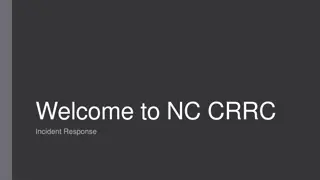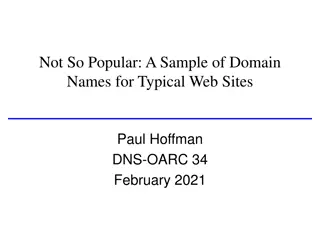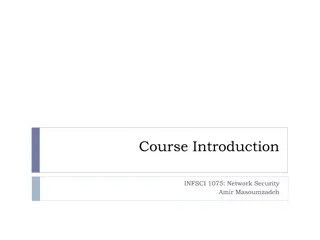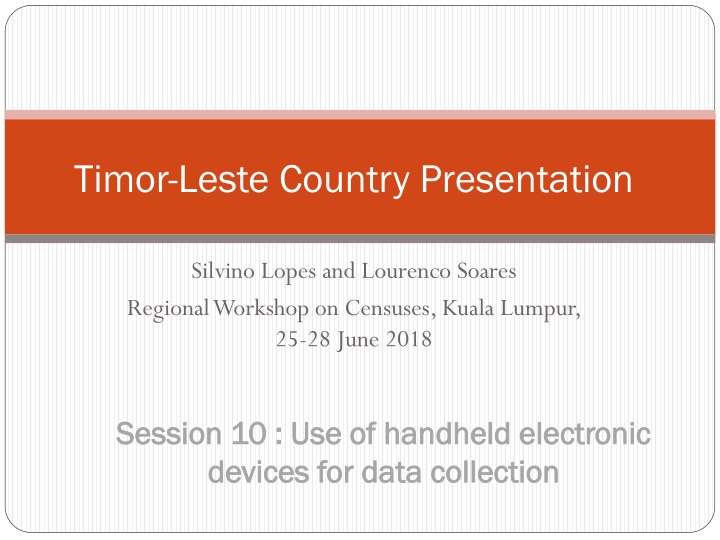
Timor-Leste Country Presentation on Handheld Electronic Devices for Data Collection
Explore Timor-Leste's innovative approach to data collection using handheld electronic devices during the Regional Workshop on Censuses. Learn about the sampling frame, training process, fieldwork, and data processing, along with the advantages and challenges faced. Discover how electronic data collection on tablets transformed the process and facilitated efficient data editing and sharing.
Download Presentation

Please find below an Image/Link to download the presentation.
The content on the website is provided AS IS for your information and personal use only. It may not be sold, licensed, or shared on other websites without obtaining consent from the author. If you encounter any issues during the download, it is possible that the publisher has removed the file from their server.
You are allowed to download the files provided on this website for personal or commercial use, subject to the condition that they are used lawfully. All files are the property of their respective owners.
The content on the website is provided AS IS for your information and personal use only. It may not be sold, licensed, or shared on other websites without obtaining consent from the author.
E N D
Presentation Transcript
Timor-Leste Country Presentation Silvino Lopes and Lourenco Soares Regional Workshop on Censuses, Kuala Lumpur, 25-28 June 2018 Session 10 : Use of handheld electronic Session 10 : Use of handheld electronic devices for data collection devices for data collection
TLDHS2016 Outline Sampling frame and training process Fieldwork and data processing Advantages Challenges
Sampling frame and training process Sampling Frame:2015 Timor-Leste Population and Housing Census, First Stage: 129 urban and 326 rural clusters selected, Second Stage: 26 households per cluster were selected. Training Pilot and field work ( PAPI - Paper Assisted Personal Interview, CAPI Computer Assisted Personal Interview, Manual, role playing, practice. First activity using CAPI A system to help interviewers, supervisors and the central office to collect, supervise and monitor the fieldwork operation EA s Maps and for GPS Locating household Four modules/sub-systems defined Preparation files interviewers, households, clusters Interviewer data collection Supervisor tracking of data being collected Central Office, monitor fieldwork
Fieldwork and Data Processing Total of 20 teams 1 supervisor, 1 editor, 3 female interviewers, 1 male interviewer, and 1 driver Fieldwork conducted from 16 September to 22 December 2016 Electronic data collected on tablets through the CAPI system were received via IFSS (Internet File Streaming System) at main office in HQ NSO 2 data processing personnel conducted data editing with CSPro.
Int 5 Int 2 Repair/upgrades Interviewer s System Updates, Data Sharing & Transfer to supervisor Supervisor s System Screen Reports Supervisor Supervisor Data Transfer & Updates Central Office System Reports Central Office
Central Office System Components Menu Application Receive clusters from supervisors via internet Reports & structure checking by cluster Run secondary editing programs by cluster and modify errors Run field check tables Monitor fieldwork operation by cluster or supervisor Review interviewer notes for cluster Supervisor 1 Supervisor n Supervisor 2
ADVANTAGES Improve data quality (skips and consistency checks) Reduce time and costs ( editing and data entry process )
CHALLENGES Electricity access Limited Internet in remote area Data security during data collection, transfer, and storage. External data backing .
Plan 2020 census Training No PAPI CAPI ( Integrated all material , effective ,Use android, GPS) Field works, Support team allocated by region Monitoring, By GPS signal Transferring data, by case when done find internet connection automatically
http://foweb.unfpa.org/images/vCard/un_logo.gif Obrigado Obrigado Barak Barak


